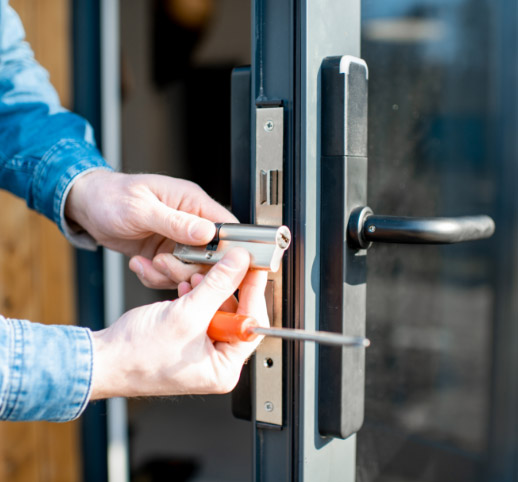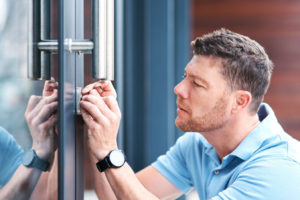Allowing burglars to access a property without expending too much energy, or taking up too much of their time, lock bumping is a popular technique among criminals, and protecting your home or business from it, is essential.
With experts stating that such a technique would work on as many as 90% of American homes – a shocking statistic – check out our brief guide on how to make sure you don’t become a victim of lock bumping:
Understanding how lock bumping works
With the use of a house key that has been modified, the burglar inserts the key into the lock and with a series of forceful taps applied to the key, the key is forced in and the lock mechanism is disengaged. Sound simple? Unfortunately for innocent property owners, it is!
Because this method has been both popularized and publicized, its methods are known to all and sundry in the criminal world, and the reality is that even a child could do it. With this in mind, it really is of the utmost importance that you understand how you can best protect yourself from it.
How to protect yourself from lock bumping
While ensuring that your home or business is well protected using a variety of security layers, from burglar alarms and motion sensor lights, to CCTV and home security systems, you should also address the locks themselves, and if necessary, have a licensed locksmith assess them.
With tamper proof, high quality deadbolts installed on all main entrance points by a professional locksmith, you’re giving your property the very best chance of foiling even the most cunning of burglars. Certain brands of lock are designed specifically to help overcome lock bumping, and your local locksmith will be more than happy to help you choose the appropriate locks for your property.
Do you need to upgrade your locks?
It’s not always easy to know the answer to this question, and in many instances, only an assessment from a qualified locksmith can give you the answers you need. However, there are a few simple questions you can ask yourself to help determine whether your locks are giving you the protection you require:
- Were the locks in place when you moved in to the property?
- Are the locks high security, such as deadbolts?
- Can you see any damage on any of the locks?
- Are any of the locks not functioning properly?
Answering yes to any, or all, of these questions could indicate that your locks need to be upgraded or replaced, not just to protect you from lock bumping, but to protect you from any kind of burglary or intrusion attempt.
It’s hard to place a value on the safety of your home, business, family members or even employees, and if you suspect that any of your locks aren’t helping you to protect them as they deserve, reach out to a local licensed locksmith at the earliest opportunity.



